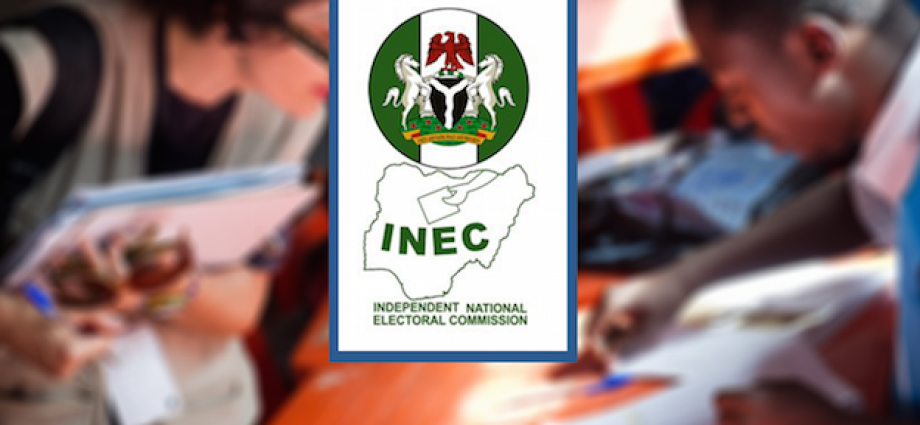Nigeria’s Electoral Integrity Crisis: How Should the INEC Chairman Emerge?
The Elusive Quest for Credible Elections
Nigeria’s journey toward achieving credible elections has been long, torturous, and largely elusive. Since the return to democracy in 1999, the increasing number of election petition tribunal cases after each electoral cycle highlights the persistent flaws in the electoral process.
Elections in Nigeria are routinely marred by irregularities, with the Independent National Electoral Commission (INEC) often accused of complicity. This systemic failure has eroded public trust in the electoral process to such an extent that many Nigerians have become disillusioned with democracy itself.
Video credit to: ALLROUND REPORTERS
The High Stakes of Election Integrity
In a nation with chronically low institutional trust, flawed electoral processes carry dangerous consequences. They not only foster voter apathy but also increase the risk of post-election violence, as witnessed in previous electoral cycles.
The average Nigerian voter believes their ballot doesn’t count, convinced the system favors the ruling party or the wealthiest candidates. This eroding confidence in the Election Management Body (EMB) threatens the very foundation of democratic legitimacy.
The Looming 2027 Challenge
As Nigeria approaches the 2027 general elections and the tenure of INEC Chairman Prof. Mahmood Yakubu nears its end, political maneuvering for his replacement has already begun. This raises the critical question: How should INEC leadership be appointed to ensure impartiality?
A Fundamentally Flawed Appointment Process
The current system, where the president appoints INEC leadership subject to parliamentary approval, is inherently problematic. It creates a clear conflict of interest when the same president or their party stands to benefit from electoral outcomes.
This opaque process undermines INEC’s credibility and compromises its ability to act as an impartial umpire. The need for comprehensive electoral reform has never been more urgent, with the appointment mechanism at the heart of required changes.
The Case for Radical Reform
With President Bola Tinubu likely to seek re-election, the current system where he would appoint his own electoral umpire is untenable. The National Assembly’s reputation as a rubber-stamp legislature further exacerbates these concerns.
Learning from Kenya’s Model
Nigeria could draw valuable lessons from Kenya’s more inclusive appointment process. Kenya employs a diverse selection panel drawn from various institutions including:
- Public Service Commission
- Parliamentary Service Commission
- Political Parties Liaison Committee
- Law Society of Kenya
- Inter-Religious Council
This panel conducts public interviews before recommending candidates to the president, creating a more transparent and participatory process.
The Forgotten Uwais Committee Reforms
In 2007, the Electoral Reform Committee chaired by former Chief Justice Muhammadu Uwais proposed stripping the president of appointment powers over INEC leadership. This key recommendation, aimed at insulating the commission from political interference, was never implemented.
The failure to enact these reforms means Nigeria continues with a system where electoral contestants appoint their own referees – a clear recipe for continued electoral disputes.
The Cost of Failed Elections
Nigeria spent approximately N305 billion on the 2023 general elections, which were still marred by irregularities. Without fundamental restructuring, the 2027 elections risk repeating this expensive cycle of disappointment.
As the nation prepares for another electoral cycle, the question remains: Will Nigeria finally implement the reforms needed to restore faith in its democratic process?


